Strato-Science 2022 campaign
In , four zero-pressure balloons carrying six payloads will be launched from the Timmins stratospheric balloon base to test new technologies, conduct science experiments and take measurements. In addition, five meteorological balloons will be launched with educational payloads onboard.
The goal of the campaign is to provide post-secondary students with the unique opportunity to design, build and test small payloads. The payloads will launch aboard a high-altitude balloon system, provided by the Canadian Space Agency (CSA), and will give students enough experience to perform their own balloon launches. As part of the launches, the teams are introduced to engineering project processes and produce technical and progress reports in different phases. The campaign provides an amazing way to develop STEM skills.
List of payloads
Zero-pressure balloons
-
Imaging Fourier Transform Spectrometer (iFTS)
- Organization: CSA (contracted to ABB Canada & University of Saskatoon)
- Objective: Technology demonstration of a high spectral resolution imager for atmospheric carbon dioxide and methane
-
Aerosol Limb Imager (ALI) v3
- Organization: University of Saskatchewan
- Objective: Hyperspectral imaging system for remote sensing of climate-related atmospheric constituents
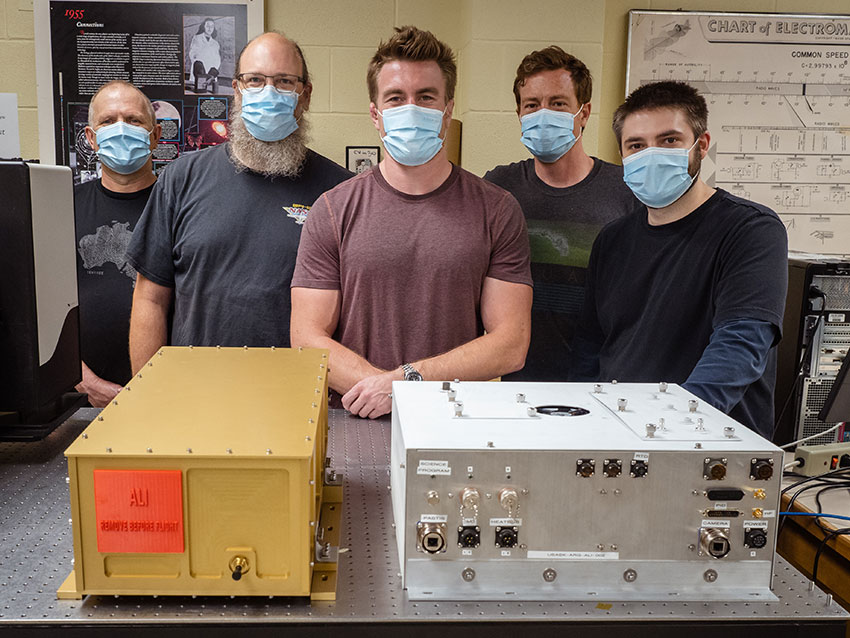
The University of Saskatchewan team that worked on the ALI. (Credit: Aerosol Limb Imager (ALI) team, University of Saskatchewan, )
-
HIPTA
- Organization: DRDC Valcartier
- Objective: Technology demonstration of a high-sensitivity Earth observation camera
-
RSOnar
- Organization: York University
- Objective: Technology demonstration of a dual-purpose, commercial grade, CubeSat compatible star tracker concept for space-based space surveillance
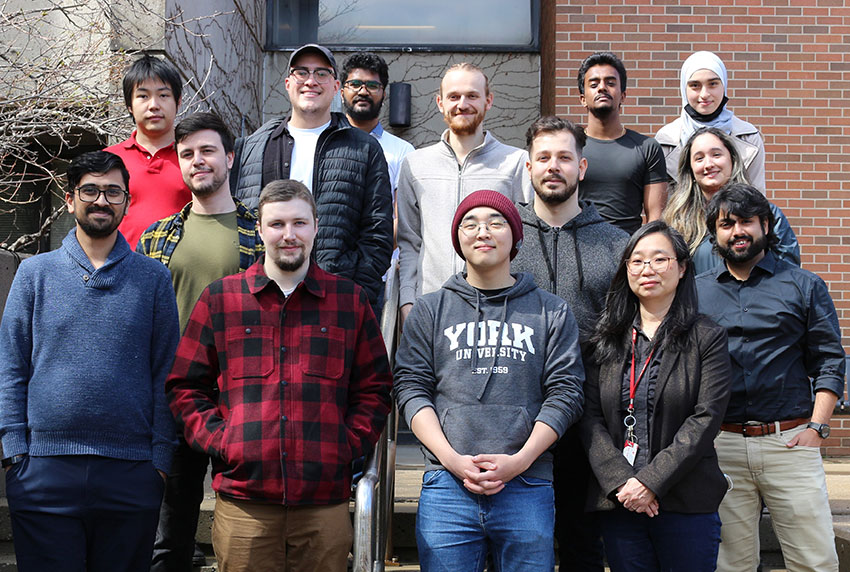
The York University team that worked on RSOnar. (Credit: RSOnar team, York University, )
-
Canadian Atmospheric Laser Absorption Spectroscopy Experiment Test-bed (CALASET) & CALASET Next Generation
- Organization: University of Toronto
- Objective: In situ measurements of atmospheric gases using laser spectroscopy
-
High-Altitude Balloon Light at Night Experiment II (HABLAN II)
- Organization: Cégep de Sherbrooke
- Objective: Acquisition of multi-spectral images of nocturnal artificial light (light pollution)
Meteorological balloons
-
StratoNeers
- Organization: University of British Columbia, as part of the CAN-SBX Challenge led by Students for the Exploration and Development of Space (SEDS) Canada
- Objective: Determine effectiveness of various memory cell types to mitigate Single Event Upsets (SEUs) caused by ionizing cosmic radiation
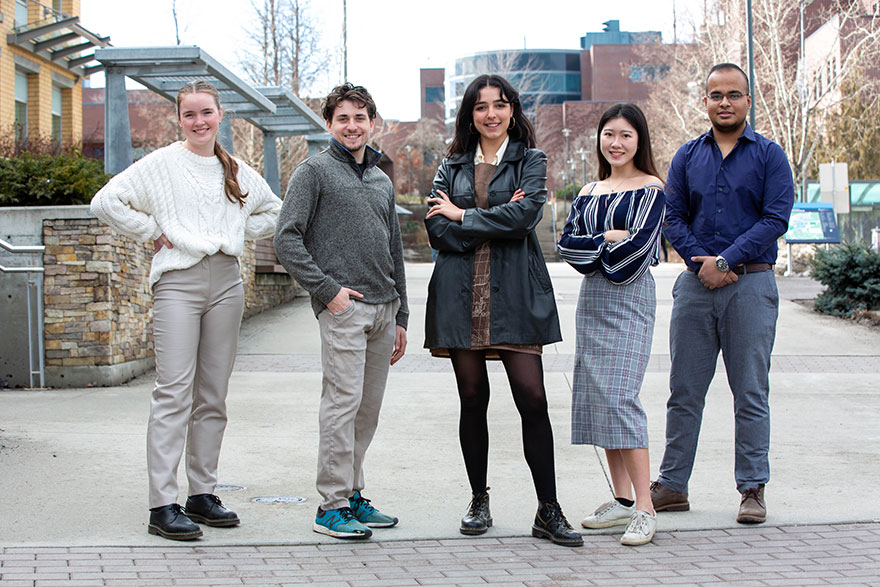
Photos of the University of British Columbia Okanagan team that worked on StratoNeers. (Credit: StratoNeers Team, University of British Columbia, Okanagan )
-
MSG
- Organization: McGill University, as part of the CAN-SBX Challenge led by SEDS Canada
- Objective: Detect particles from forest fires that are suspended in the atmosphere
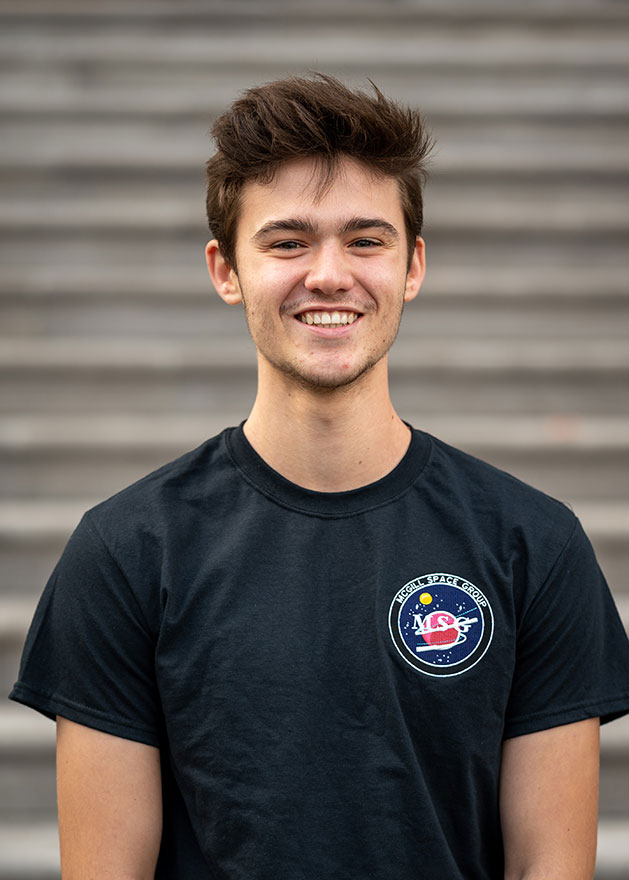
Alexander Buge
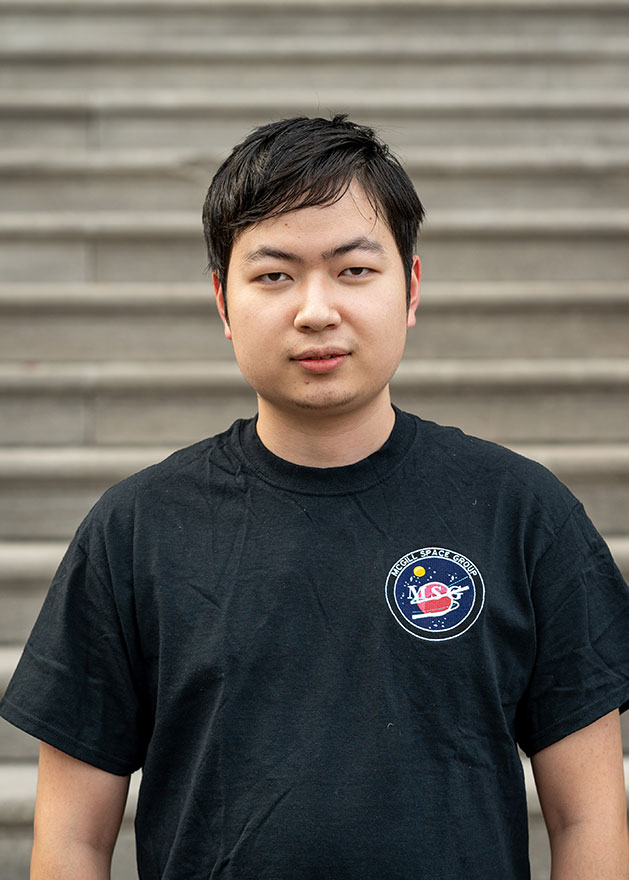
Harry Liang
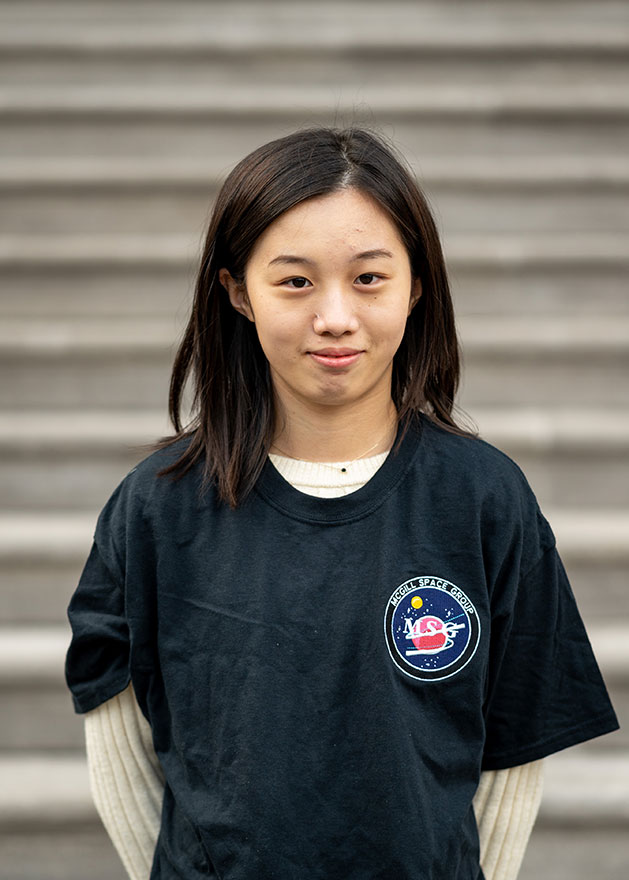
Jenny Su
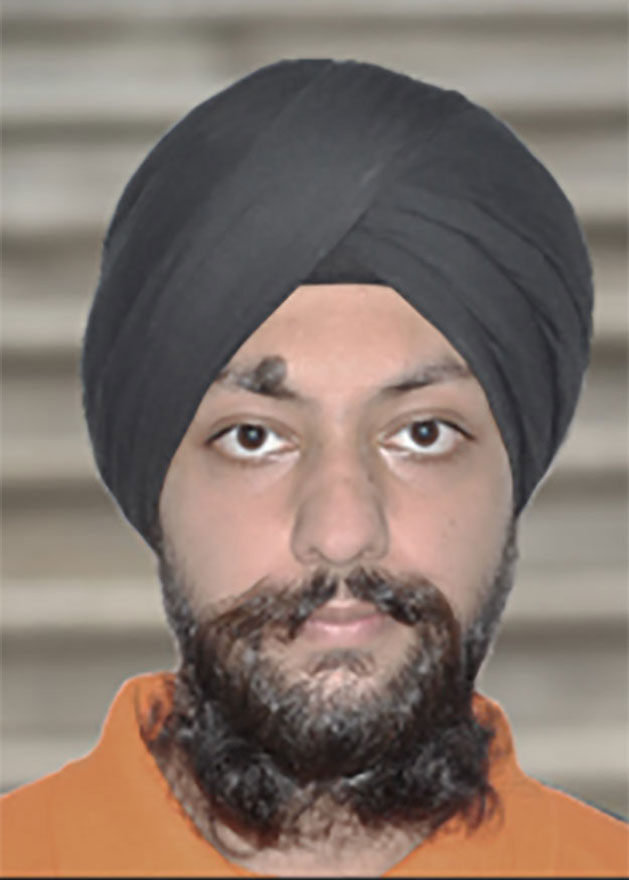
Maninder

Maneesha Kalahe
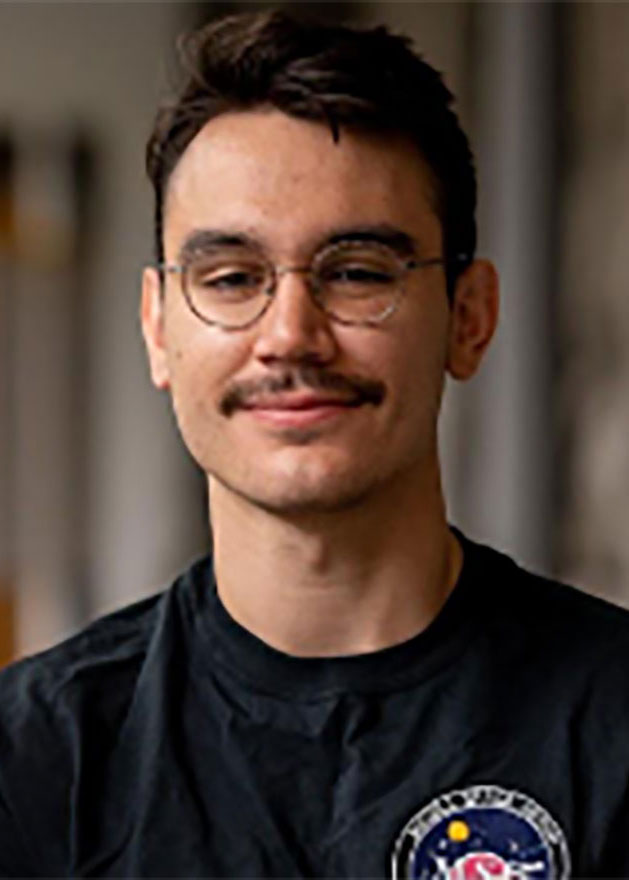
Umut Guven
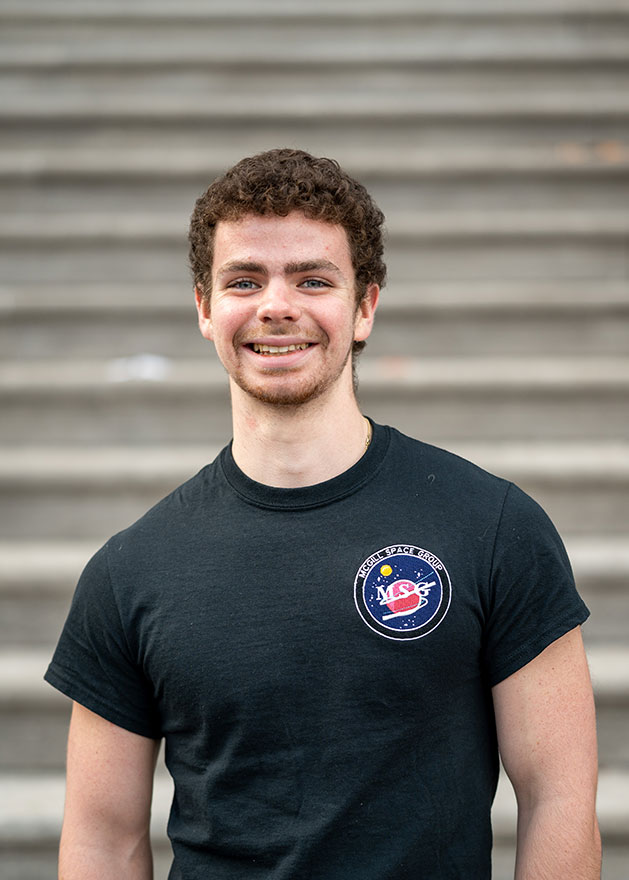
Zachary Hayden
Photos of McGill University team that worked on MSG. (Credit: MSG Team, McGill University, .)
-
Astrobubble
- Organization: Carleton University, as part of the CAN-SBX Challenge led by SEDS Canada
- Objective: Test an ionization radiation sensor using cubic nanoparticles
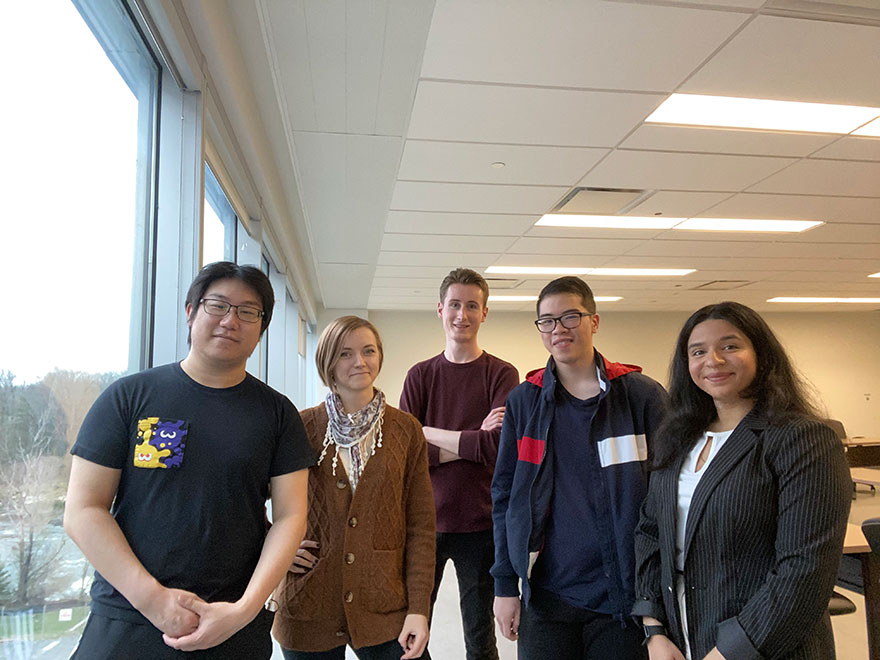
Photo of Carleton University team that worked on AstroBubble. (Credit: AstroBubble Team, Carleton University, .)
-
Various experiments from several high schools in the Timmins area
- Organization: Science Timmins
- Objective: Designed experiments relating to atmospheric, environmental, and radiation studies
Contact
Should you have any questions regarding the STRATOS program, contact us at stratos_administration@asc-csa.gc.ca.
